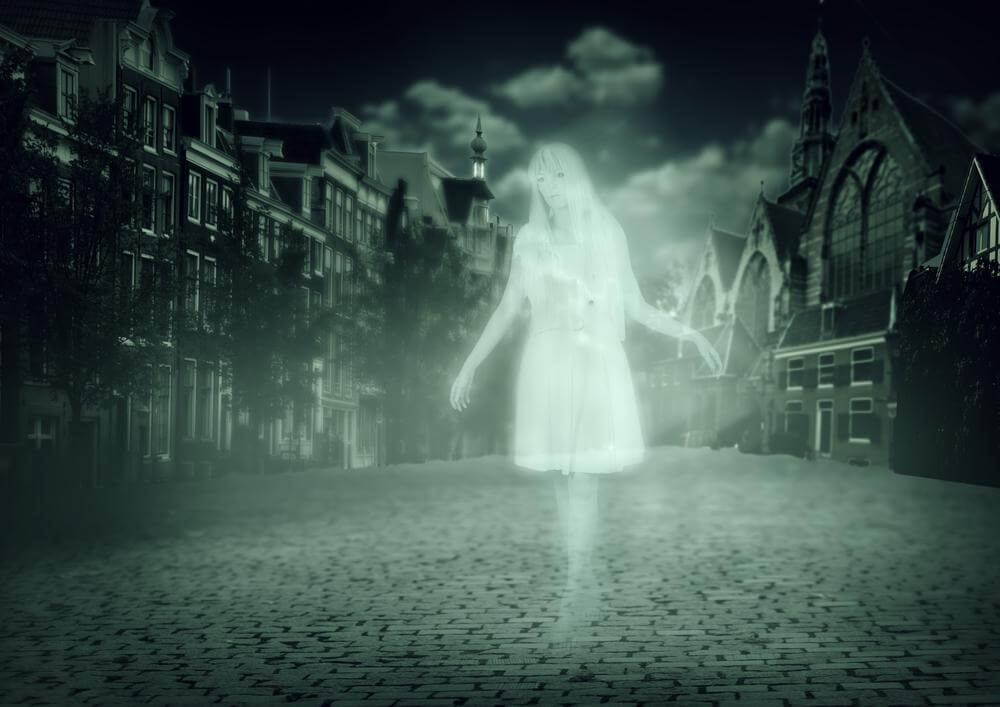Every once in a while, do we find ourselves losing him in the middle of the storm?And when it happens, we realize that our reaction was very disproportionate, so we regret the way we act and ask ourselves, “How is that possible?, in a few seconds, to become so irrational?” What’s wrong with us right now?
When situations are out of our control and we seem to be about to erupt, what happens is that we are victims of many psychological and physiological reactions known as the process of emotional abduction. To find out why this happens at certain times, we’ll explain here how our brain works.
- When we experience emotional abduction.
- We automatically react to stimuli processed by the emotional brain.
- Yes.
- You read that emotional brain well.
- Not that there are two brains.
- But countless studies claim that our brain is made up of a more emotional part (limbic system) and a more rational or thinking part (neocortex).
- Turns out the emotional brain.
- Or limbic brain.
- Responds more.
- Even if their answers are generally less accurate.
- Because they have not undergone rational analysis.
But what structure does it look like around us?The answer is the amygdala, an almond-shaped mass, located in the limbic system, responsible for processing and storing emotional reactions.
So when the amygdala performs her functions of examining the environment in which we find ourselves, she asks, “Will this thing hurt me, will it make me suffer, is that what I have always feared?the answers and, if so, our nervous system will give a warning signal in our body, postponing the most useless functions and performing those that allow us to defend ourselves from the threat, if they begin to secrete the hormones necessary to escape or fight, the pulse will accelerate, the visual field will decrease, circulation and thinking will be modified to focus on danger.
In this way, the neocortex, which is the thinking brain, escapes and we become more instinctive for a few moments, the amygdala declares a state of war, with which we become animals fighting for emotional survival, which we can associate with physical survival.
One of the main reasons can be evolutionary, concerning survival, our ancestors suffered these emotional deviations when, for example, they encountered the enemy, or with animals, fled or attacked to eliminate the danger situation.
But today, this process has become a bit outdated and produces results that are not so desired in us. Because, in human relationships, the faster the emotion, the more vague and vast it becomes. Our emotional part prepares us for automatic responses, which previously had the characteristic of being vital, but which are not always positive. We may experience such a situation in couple discussions, such as an attack of jealousy, for example, or in discussions with our friends or family.
In these situations, when an emotional abduction occurs, all our attention is focused on the response to emotion, preventing us from completing processes of reflection on the situation in which we live, perhaps that is why our answers do not correspond to what we expect. of ourselves We can only analyze it once the storm has passed.
Perhaps the secret lies in knowing that in the face of emotional fun there is an emotional outburst, and it is necessary to detect and subsequently analyze ?, in this way, we will not give enough reasons for the amygdala, to bring emotional fun to the rational part, thus avoiding the negative effects on our personal relationships.
To do this, we must discover the symptoms that occur when we are agitated, that is, we stop to observe when things do not go as planned, as we would like them to be or as we had imagined. , if we have too much heat, if our heart rate accelerates, then, after we have identified them, we have to master them, because in this way we will begin with the process of rationalization, avoiding, in some way, the spontaneous After all this, we will have to seek an exit to our emotion, reduce our excitement and finally we must try to analyze what led us to live an emotional abduction , in this way we will be prepared for future situations.
“Things don’t change, who are we? Henry David Thoreau
Image credits: Katalinks

